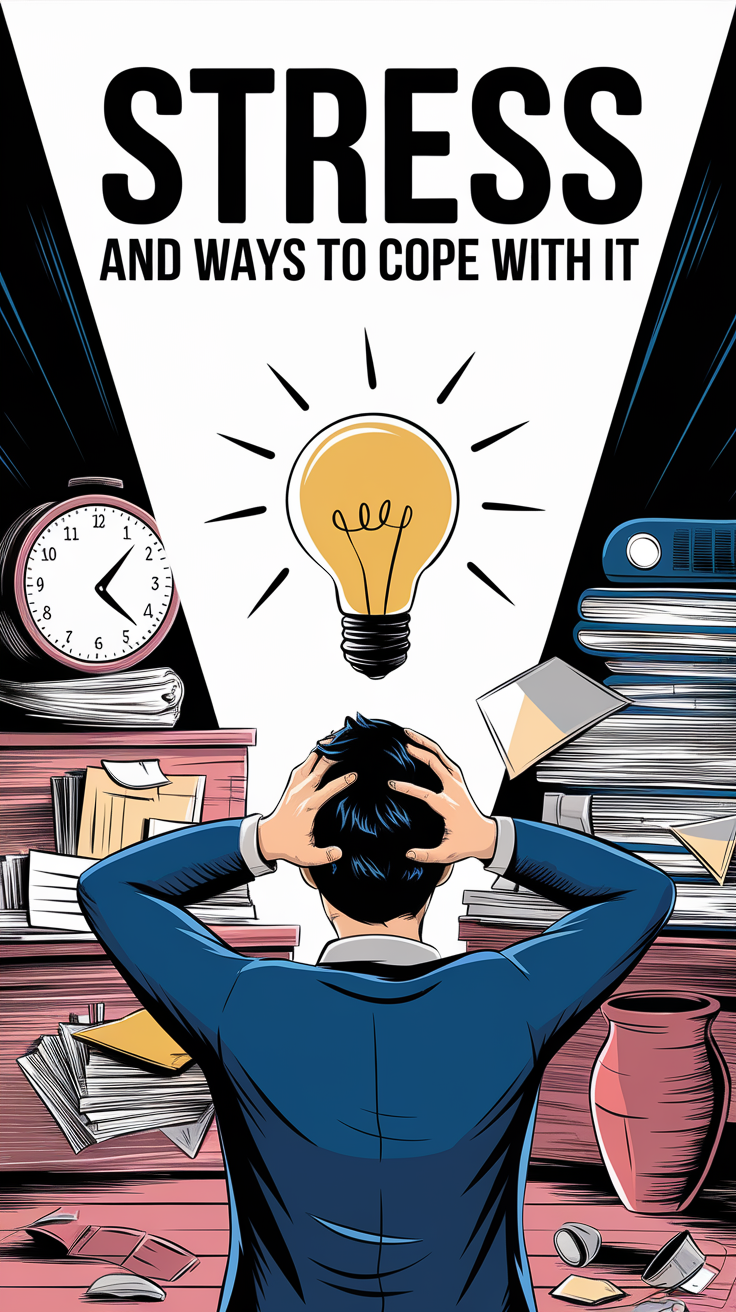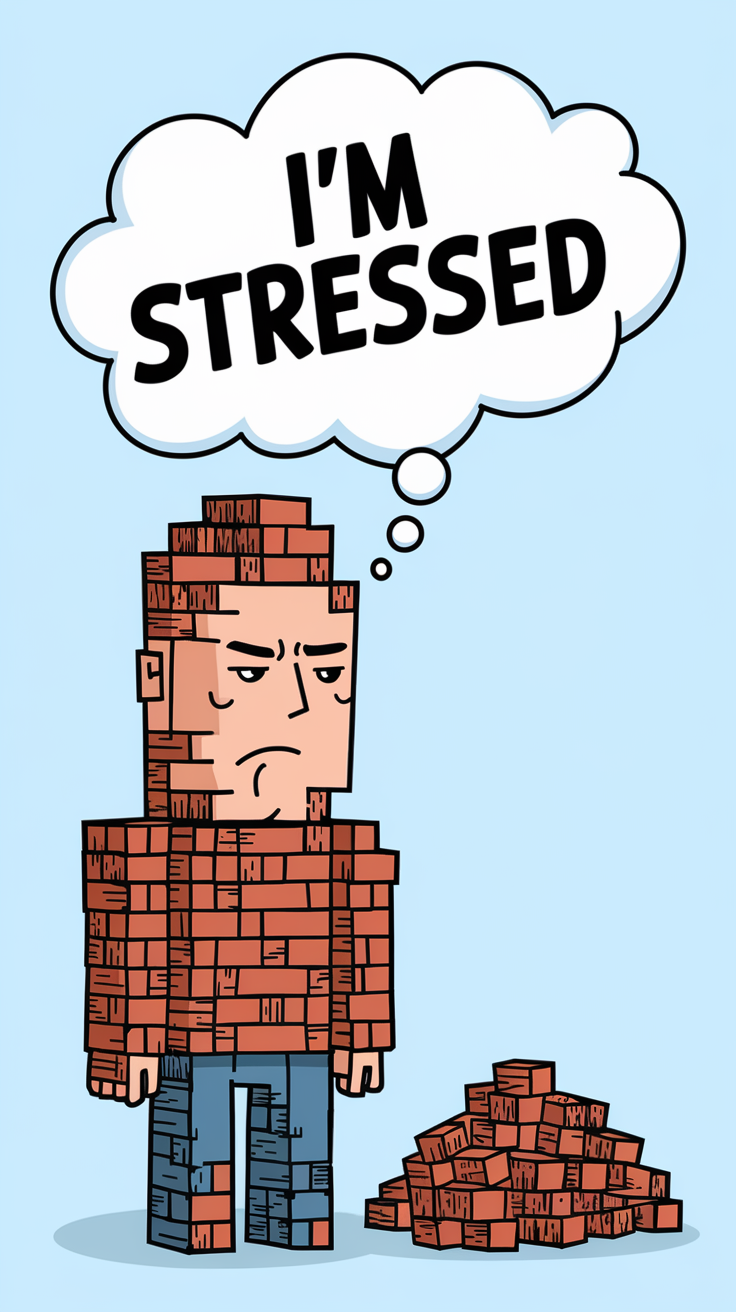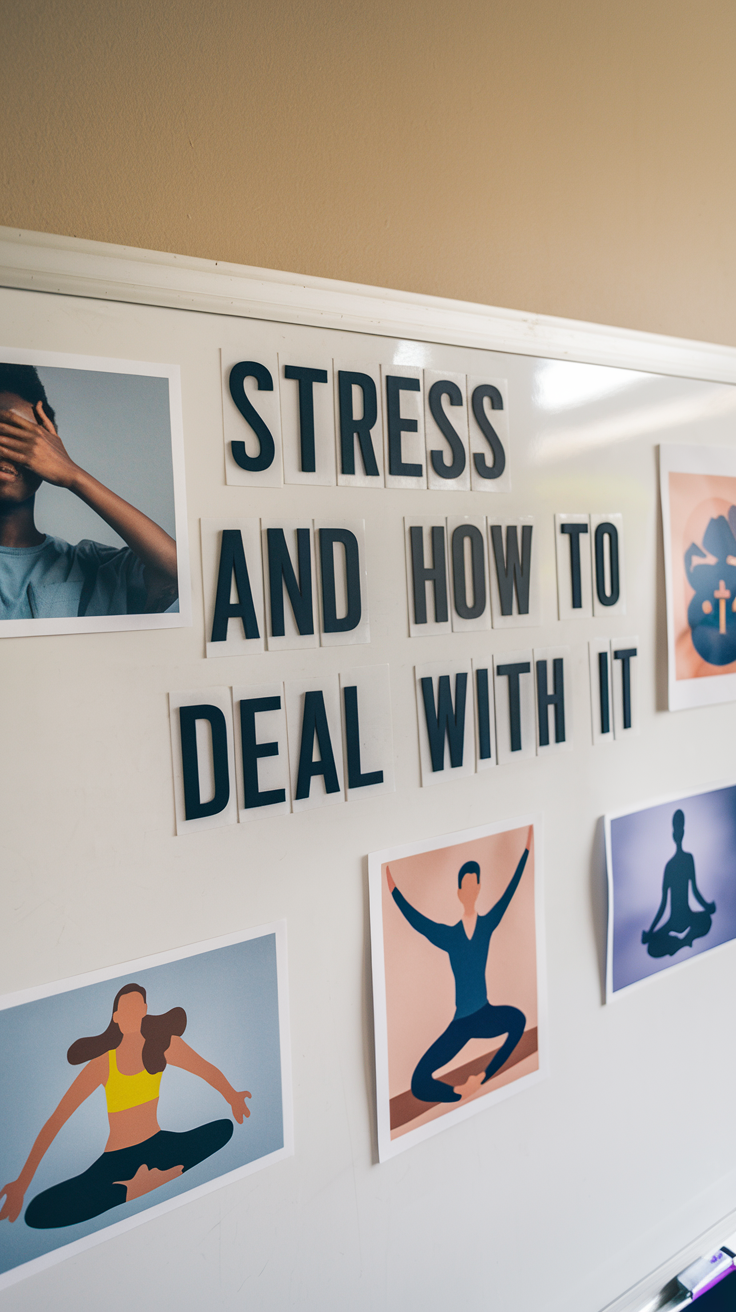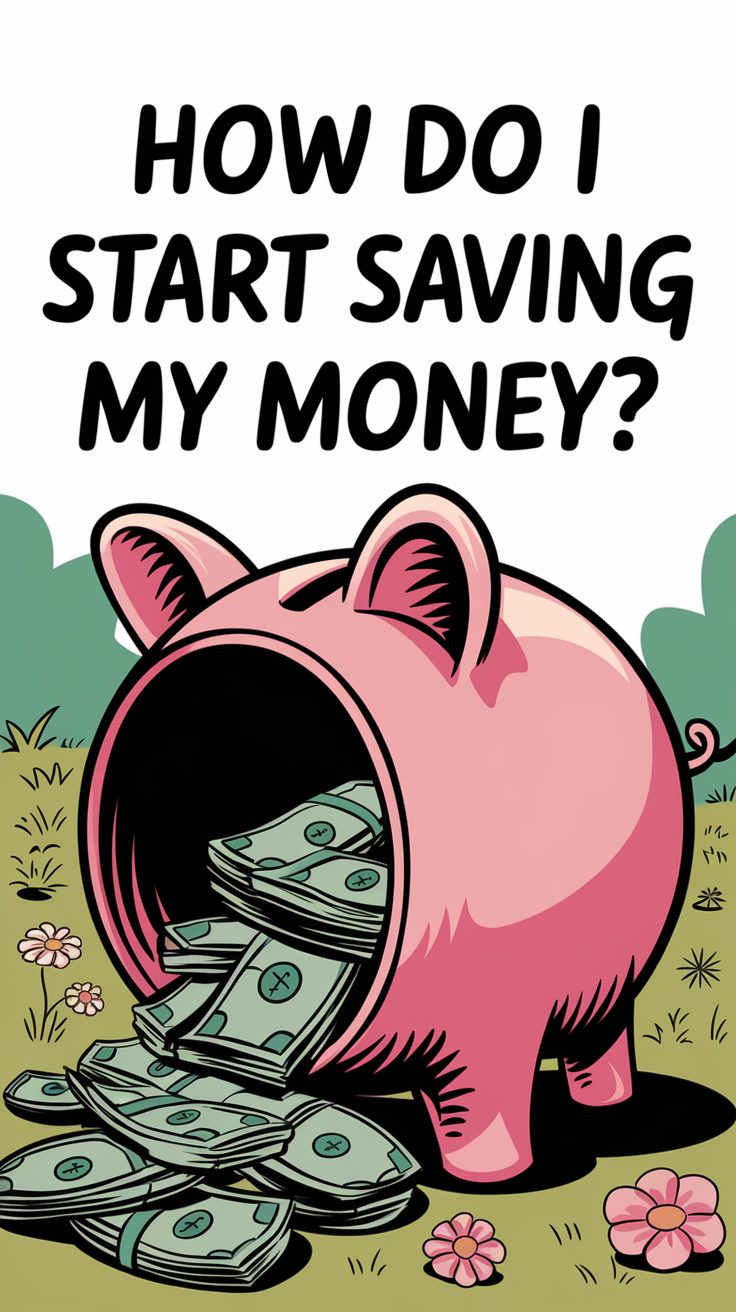Stress and How to Deal With It
Stress is an unavoidable part of life. It challenges us, pushes our limits, and sometimes overwhelms us. However, stress doesn’t have to control your life. On the contrary, managing stress effectively can help you thrive. Today, I’ll share practical solutions and insights into stress management that have made a real difference for many people, myself included.
What is Stress?
Stress is your body’s response to a demand or threat. It activates the fight-or-flight mechanism, releasing hormones like cortisol and adrenaline. While this is beneficial in the short term—helping you react quickly—prolonged stress can wreak havoc on your physical and mental health.

Physical and Emotional Effects of Stress
| Effect on the Body | Effect on the Mind |
|---|---|
| Headaches, muscle tension | Irritability and mood swings |
| High blood pressure, heart problems | Poor focus and concentration |
| Fatigue and weakened immunity | Anxiety and feelings of overwhelm |
| Digestive issues (IBS, appetite loss) | Difficulty making decisions |
What Causes Stress?
Stress can stem from anything that disrupts your balance. Some common stressors include:
- Work-related issues: Heavy workloads, lack of control, and conflicts with coworkers.
- Financial struggles: Bills, unexpected expenses, and debt can weigh heavily.
- Health concerns: Chronic illness, injury, or caring for an unwell loved one.
- Relationships: Arguments, breakups, or a lack of emotional support.
On a personal note, I’ve found that even small stressors—like running late or dealing with constant notifications—can build up over time. Recognizing these triggers is the first step toward managing them.
How to Deal With Stress Effectively
1. Move Your Body
Exercise is one of the simplest and most effective stress relievers. It lowers cortisol levels while releasing feel-good hormones like endorphins.
| Type of Activity | Stress-Relief Benefit |
|---|---|
| Walking or jogging | Clears the mind and boosts mood |
| Yoga or Pilates | Combines relaxation with movement |
| Strength training | Releases tension and builds confidence |
Tip: Even 15 minutes of light stretching or a walk outside can help break the cycle of stress.

2. Prioritize Sleep
Sleep and stress are deeply connected. Poor sleep increases stress, while stress prevents restful sleep.
How to Improve Sleep:
- Set a consistent sleep schedule.
- Avoid screens and heavy meals before bed.
- Try progressive muscle relaxation or guided meditations.
3. Eat to Combat Stress
What you eat affects how you feel. Some foods can help your body resist stress, while others amplify it.
| Stress-Reducing Foods | Avoid These |
|---|---|
| Salmon, walnuts (omega-3) | Sugary snacks |
| Spinach, avocado (magnesium) | Excess caffeine/alcohol |
| Whole grains, oats (B vitamins) | Fast food or fried foods |
4. Practice Mindfulness
Mindfulness techniques calm the nervous system and bring you back to the present moment.
- Deep breathing: Inhale deeply, hold, and exhale slowly. Repeat.
- Meditation: Apps like Headspace or Calm guide you through short, calming sessions.
- Gratitude journaling: Writing down 3 things you’re grateful for each day shifts your mindset.
5. Build Resilient Daily Habits
It’s the little things that make a big difference.
- Hobbies: Rediscover what you love—drawing, gardening, or cooking.
- Time in nature: Even a brief walk in the park can lower stress hormones.
- Digital detox: Unplug for an hour each day to focus on yourself.

6. Use Technology for Stress Relief
While technology can be overwhelming, it also offers tools for managing stress.
- Wearables like Fitbit track your heart rate and stress levels.
- Meditation apps provide guided stress-relief practices.
- Nature sound playlists promote calm and focus.
How I Overcame Stress
Years ago, I struggled with mounting stress at work. Sleepless nights and constant worry became my norm. I finally decided to take action:
- I started small—10-minute daily walks to clear my head.
- I swapped coffee for green tea and practiced evening meditation.
- I kept a gratitude journal, reminding myself of the positives in my life.
Within weeks, I felt calmer, slept better, and regained control. Stress is persistent, but by building daily habits, you can change how you respond to it.
Conclusion
Stress doesn’t have to dictate your life. Whether it’s exercise, mindfulness, or small lifestyle changes, you have the tools to manage it. Start by identifying what works best for you and commit to consistency. Taking that first step can transform how you feel and live.
Frequently Asked Questions
1. What are quick ways to relieve stress?
Deep breathing, short walks, or listening to calming music can provide immediate relief.
2. Can stress be beneficial?
Yes, short-term stress can enhance focus and motivation. However, chronic stress is harmful.
3. How can I manage stress at work?
Prioritize tasks, take short breaks, and communicate clearly with colleagues or managers.
4. Does exercise really help with stress?
Absolutely! Physical activity lowers cortisol and releases endorphins, improving your mood.
5. What foods should I avoid during stressful periods?
Avoid processed sugar, excessive caffeine, alcohol, and fried foods—they worsen stress.
6. How can I tell if stress is affecting my health?
Common signs include headaches, fatigue, trouble sleeping, digestive issues, and irritability.






